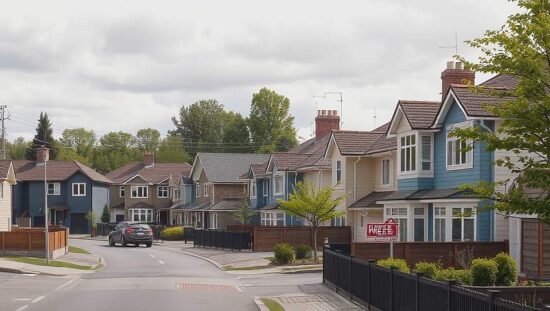The Social Democratic Party (SPD) is staunchly defending the 65% renewable energy requirement for new heating systems enshrined in the proposed Gebäudeenergiegesetz (GEG), a move that highlights deepening fissures within Germany’s governing coalition. SPD energy policy spokesperson Nina Scheer has publicly challenged those advocating for the removal of the target, demanding concrete and viable alternatives that can guarantee energy security, environmental sustainability and affordability – alternatives she asserts are currently absent.
The insistence on the 65% threshold comes as a direct response to the energy price crisis of 2022, which starkly revealed the economic vulnerabilities inherent in Germany’s dependence on fossil fuels. Environment Minister Carsten Schneider (SPD) echoes Scheer’s position, further solidifying the party’s resolve.
The current impasse centers on the interpretation of the coalition agreement, which ostensibly calls for the “abolition” of the existing heating law and a move towards a “technology-open, flexible and simpler” GEG. While the agreement focuses on achieving CO2 reduction as the primary benchmark for progress and ensures continued renovation and heating subsidies, the SPD argues that softening the renewable energy requirement risks undermining the overall climate goals.
However, the conservative Union faction is aggressively pushing for the 65% quota to be scrapped. Andreas Lenz (CSU), the faction’s energy policy spokesperson, claims that the regulation is “inappropriate” and should be eliminated, alleging it is overly complex and bureaucratic. He champions a more simplified and less prescriptive approach, emphasizing the need for a “reliable framework for citizens” devoid of restrictive mandates. CDU Vice-Chairman Andreas Jung reinforced this sentiment, reiterating the coalition’s agreement to abandon the current “traffic light” government’s heating law, promoting a localized decision-making process rather than centralized regulation.
The debate isn’t solely about political maneuvering; it’s also tied to the significant challenge of meeting Germany’s climate targets. The building sector consistently fails to meet targets outlined in the Federal Climate Protection Act and the “Effort Sharing Regulation” imposed by the EU threatens financial penalties if Germany doesn’t adequately reduce emissions from buildings.
The hardening positions suggest a potential compromise will be difficult to achieve, placing increased strain on the coalition’s fragile consensus and potentially jeopardizing Germany’s progress towards achieving its climate obligations. The disagreement underscores the deeply rooted tension between the desire for technological freedom and the need for binding regulations to drive decarbonization.





